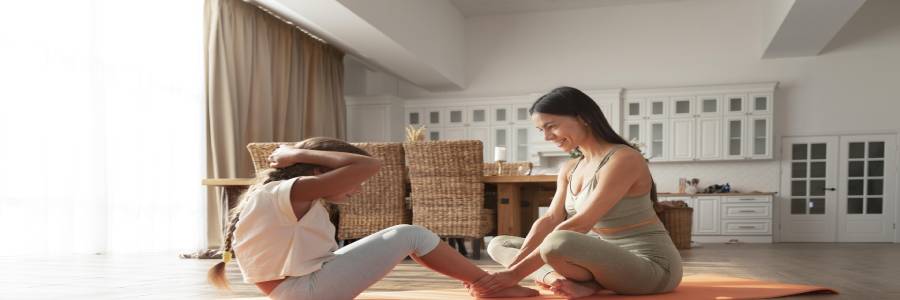“The doctor of the future will give no medicine but will involve the patient in the proper use of food, fresh air, and exercise.” Thomas Edison
Introduction
Everyone, especially older people, gets benefits from exercise and physical activity. Staying active can benefit you in a variety of ways, regardless of your health or physical ability. In reality, research shows that “taking it easy” is dangerous. When people lose their capacity to perform activities on their own, laziness is often to a fault rather than aging. Lack of physical exercise can also contribute to other health and mental conditions.
Being active has many benefits—it can help control weight, boost mood, and increase energy. That’s not all: it can also reduce the risk of major illnesses like heart disease, stroke, type 2 diabetes, and some cancers. So, let’s know real-life benefits that can help in every health or mental condition.
Exercise controls weight
When people start a new exercise routine, they’re most often motivated by the desire to lose weight. That’s not a bad thing—weight loss is healthy, and it can help you live longer—but it’s also important to remember that exercise has other benefits beyond the scale.
For example, exercise can help control your body mass index (BMI), which measures how much fat is on your frame compared with lean muscle mass. Exercise plays an important role in maintaining a healthy BMI because it helps you build muscle mass while burning off excess calories at the same time. And even if you aren’t looking to change your size or shape, exercising regularly can help prevent weight gain over time by keeping your metabolism in check and preventing excess fat from accumulating in your body.
Exercise improves mood
Exercise can improve your mood. This is one of the most realistic benefits of exercising, but it’s also one of the most important. When you exercise, your body releases endorphins—chemicals connected to happiness and feeling good. There have been many studies done on this topic, and despite different types of exercises producing different levels of endorphins, they all agree on one thing: exercising regularly makes people feel happier.
Exercise boosts energy
Exercise can help you feel more energetic. After a good workout, you’ll probably feel more active—and sleep better at night. That’s because exercise is linked to improved sleep quality and duration. It also helps reduce stress levels and improve your mood, which could lead to less need for sedatives like alcohol or sleeping pills.
Exercise and physical activity are perfect for you
The benefits of exercise go far beyond looking and feeling good. Exercise is one of the best ways to boost your mood and energy levels, reduce stress and anxiety, improve sleep, and build muscle strength and flexibility—all things that make you feel happier and healthier overall.
Exercise is also good for your heart health:
It can lower blood pressure, reduce cholesterol levels, help protect against obesity-related diseases like diabetes or cardiovascular disease (CVD), reduce the risk of developing Type 2 diabetes by up to 60% in people with prediabetes, increase life expectancy by several years compared with those who don’t do any physical activity at all!
Conclusion
Exercise can be an essential part of a healthy lifestyle and many benefits of regular physical activity. Whether you’re doing it for your health or just looking to get more active, there are lots of ways to do it without spending much money. You just need proper guidance and motivation.
Jayant Maini is a fitness and wellness coach looking for any type of motivation and health guidance. With his years of experience, you can make positive changes in your life for healthy and overall well-being.




